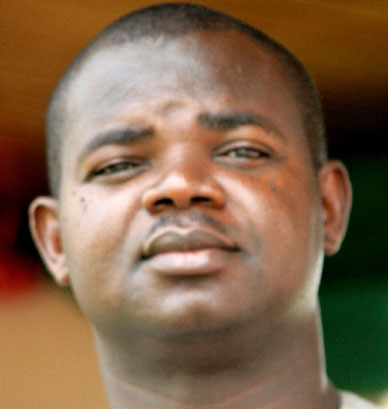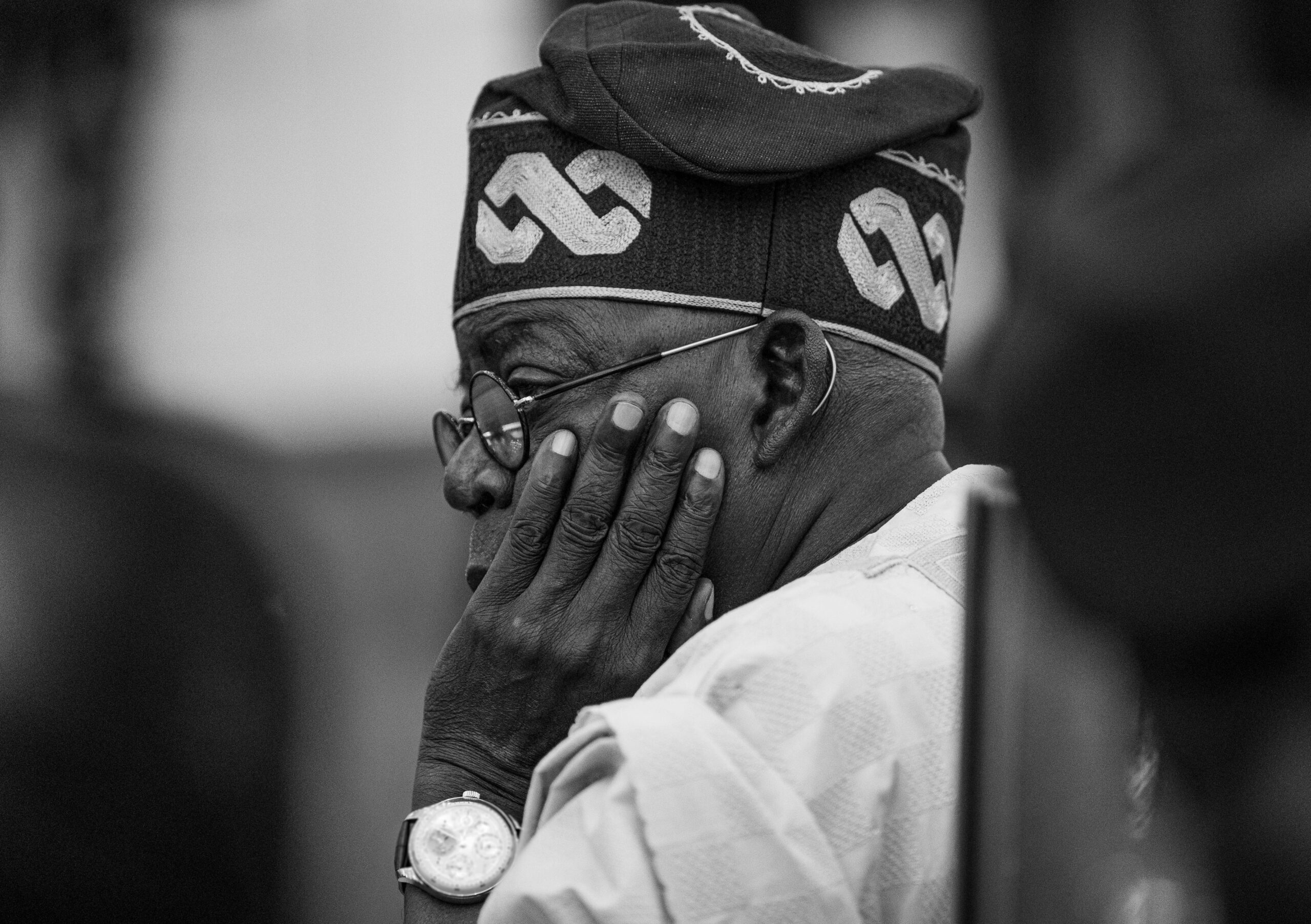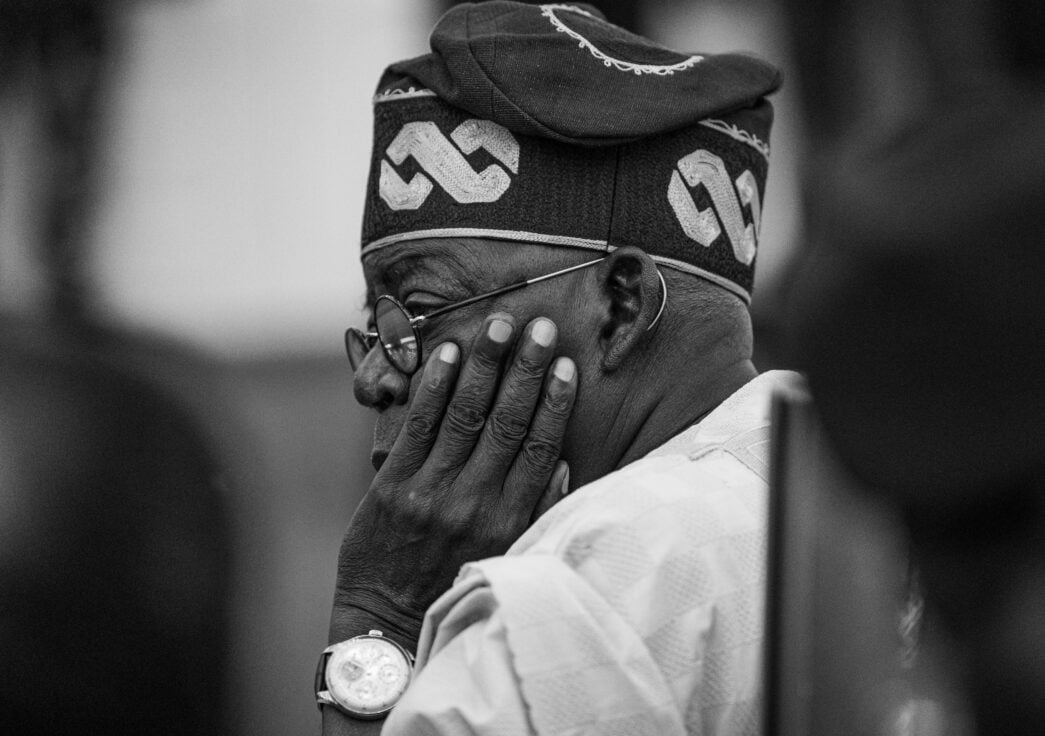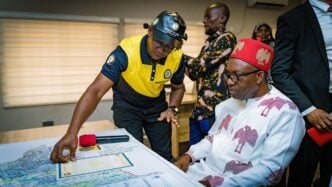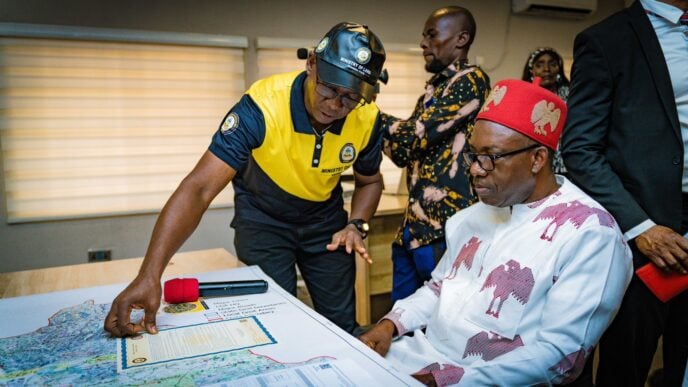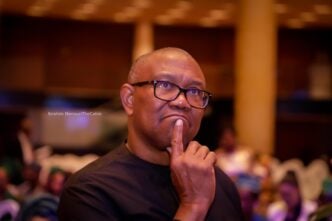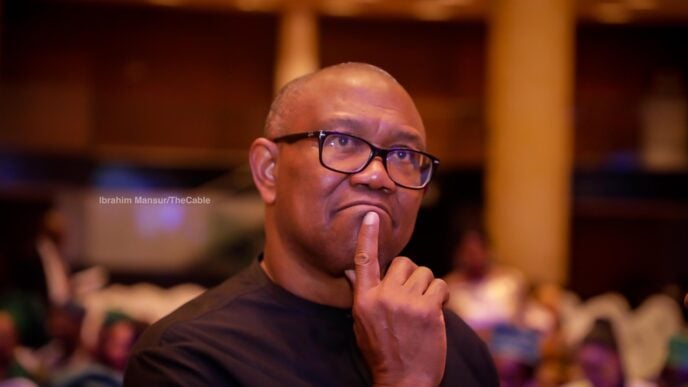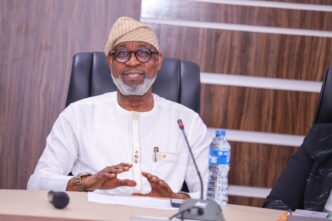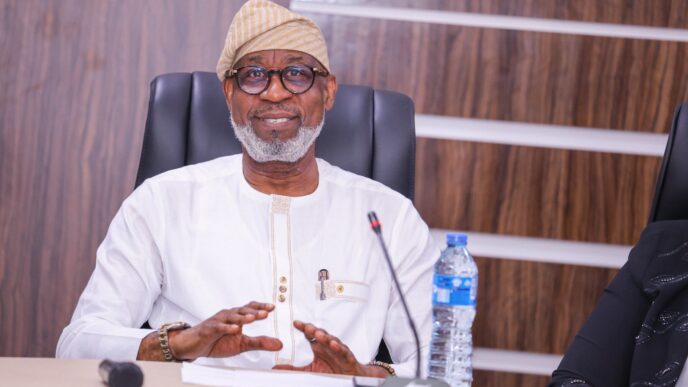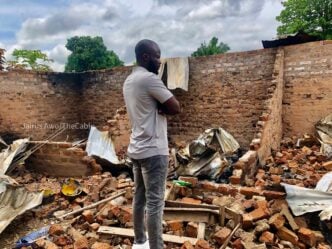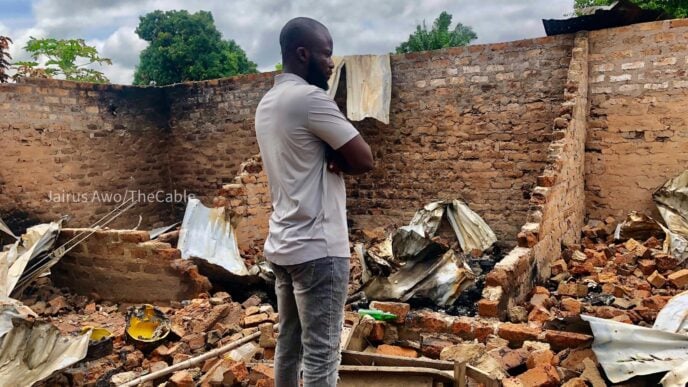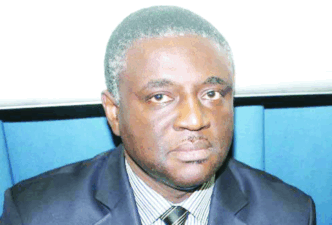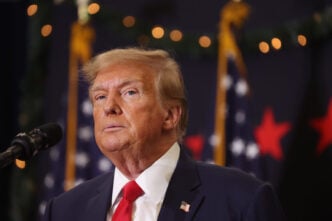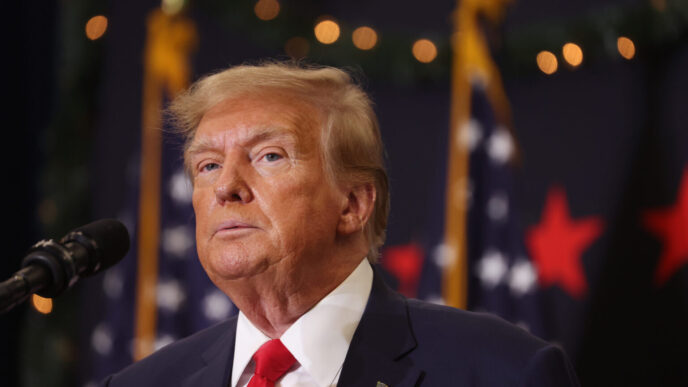Bola Tinubu
It is often said that history does not repeat itself, but it rhymes. Watching President Bola Ahmed Tinubu’s administration unfold, into its third year, I am haunted by the echoes of 2015—when the government I proudly served under, that of President Goodluck Ebele Jonathan, was swept aside not by military fiat, nor electoral manipulation, but by a groundswell of popular discontent wrapped in the language of “change.”
Today, as a former Special Adviser to President Jonathan, I observe Tinubu’s presidency with an acute sense of déjà vu. Not in opposition or bitterness, but in concern. The same winds that battered our ship in 2015 appear to be gathering once again, this time threatening the vessel helmed by a man long seen as the master tactician of Nigerian politics.
This is not an attack; it is a caution. I see troubling similarities between the pitfalls that consumed us and the realities confronting Tinubu.
One of our gravest errors during Jonathan’s presidency was the inadvertent creation of an echo chamber around the president—a court of latter-day loyalists(indeed many of us then wondered where all the people suddenly came from); more invested in self-preservation and patronage than in truth-telling or course correction.
As things began to go wrong— the movement of the five Peoples Democratic Party, PDP, governors to “nPDP” and subsequently to the opposition All Progressives Congress, APC; the recalcitrance of the other two, Sule Lamido of Jigawa and Aliyu Babangida of Niger, and all the drama in between— many thought there was time until there was no time left. Others believed we had goodwill but we had lost it to a compelling opposition narrative; and yet others believed the machinery of government was enough to power us through.
Advertisement
But we were wrong. It was like the biblical “enemy” had sown tares amongst our wheat while we slept. I think the specific quote from the Book of Matthew is, “The Kingdom of Heaven is likened unto a Man which sowed good seed in the field. But while men slept, His enemy came and sowed tares among the wheat, and went his way.”
If the then emergent “coalition”, the All Progressives Congress, APC, was the “enemy” that successfully sowed tares amongst PDP’s “wheat,” I believe that the burgeoning coalition-of-the-willing rising against Tinubu today is possibly more dangerous than what APC was to us in 2015. While it might still be without shape or form, and may not boast of the number of governors APC had by 2013, leading up to 2015, its danger lies in its increasing popular appeal.
The emergence of Peter Obi’s mass movement without a single governor in tow, and the havoc they wreaked on Nigeria’s old school political establishment in 2023 has opened the eyes of many voters to the true potential of “People Power.”
I am not terribly impressed by the decampments by sundry governors and others to the ruling party. I was on the “field of play,” right at the grassroots of my beloved Delta State during the last elections and I saw the rhythmic surge and ebb of a new, sophisticated and undeniably astute political movement. For each level of election, they had their preferences and these had nothing to do with parties.
Advertisement
This was why a Sheriff Oborewvori of the People’s Democratic Party, PDP, swept the governorship election effortlessly but the APC won two of three senate seats equally effortlessly, and was in pole position to win the third but for the unfortunate legal circumstances of the party’s candidate for Delta North, Senator Peter Nwaoboshi.
This new and very sophisticated political movement gave the PDP the governorship, APC the Senate, and wait for it: the presidency to Peter Obi, signalling an effective end to bloc voting in the state, and I dare say, Nigeria— because what we saw on the field was largely replicated elsewhere, including President Tinubu’s own Lagos State. Indeed, the recent tiff between the President and his acolyte, Lagos State Governor, Jide Sanwo-Olu, is said to be partly about how come he won his own election so easily and the President lost his; same party, same Lagos State, with not so many days apart.
The significant fact is that the political environment changed drastically in 2023. And I predict that in 2027, none of these governors decamping and endorsing the President are going to put Tinubu’s reelection ahead of their own. Sure, they will work hard for him. But when the mass movement begins and they are confronted with the choice of their own reelection or the President’s, we will find that much of this grandstanding was really just that—grandstanding!
My question is, is this President still as organically connected to the “streets” like he once was as Lagos Governor? Is he still able to fire the imagination of the mass of the people enough to call them to action like he once could?
Are his operatives and aides plugged into the ebb and flow of the critical mass, and are they telling him what is happening out here? Because if you ask me, these are the variables that will return him to power in 2027.
Advertisement
Millions and millions of the Nigerian people are hungry, angry, and restless. It is a good thing that President Tinubu himself readily admits that there is hardship in the land, and he calls for patience with the government. He said so last week; he says so all the time. Which is good. But I worry that there is insufficient engagement with the day-to-day ground realities that the people on the streets are confronted with.
One of the first arrows in President Tinubu’s quiver was the immediate removal of fuel subsidies—a move economists applauded but one that instantly drove up the cost of transportation, food, and basic survival. Sound familiar? It should.
Jonathan attempted similar reforms. We deregulated petroleum pricing in 2012, but were met with protests so widespread that they paralyzed the country. Occupy Nigeria was not just about subsidy; it was about trust. The people did not believe the savings from subsidy removal would translate to better lives. We lost the plot because we failed, not for the lack of trying, to carry the people along in our argument against subsidies.
Subsidy removal may be economically necessary, but the fact is: When the masses feel the pain but see no relief, when inflation spirals yet salaries, except those of civil servants ( and how many are they really?),remain stagnant, governance becomes a chimera, dancing in the distance before the hollow eyes of the man on the street: a man with a deadly weapon, his PVC, in his pocket.
Advertisement
One reason we lost in 2015 was by the power of perception. The Jonathan administration made massive and critical investments in agriculture, rail, power, and education. We signed the Freedom of Information Act. We conducted the most credible election Nigeria had seen at the time. But in life, as in politics, perception is everything.
The opposition falsely painted Jonathan as weak on corruption, aloof to insecurity, and obsessed with the trappings of office. But they had the more compelling story, and in politics, that story doesn’t have to be true. It only needs to sound even vaguely plausible because storytelling is power.
Advertisement
For example, what can be more compelling than a Central Bank governor telling Nigerians that $47 billion of their money is missing and that they should ask Jonathan what he did with it? 47 billion dollars? Even if it was 47 billion Naira, it would have been implausible, even hilarious. But see who was saying it: Sanusi Lamido Sanusi, CBN governor, a Jonathan official and deadly opposition operative rolled into one.
Since he was fired (too late) by Jonathan, Sanusi has transitioned from private citizen to the Emir of Kano, on to the “deposed Emir of Kano”, and back again as the Emir of Kano — this time with court judgements swirling around him. Instructively, he has also moved from being a friend of the current president to being possibly his biggest enemy in the north. And he’s a very creative guy, so I wonder what he might be cooking up against Tinubu right now.
Advertisement
What I know for certain is that between now and 2027, the opposition is going to throw everything, including the kitchen sink, at this administration. The perception is being sold one day at a time that the president is unfeeling, and disconnected from the sufferings of the masses. Like in 2015, opposition voices are leveraging discontent, sharpening their tools, and waiting for their moment.
In the end, it wasn’t just that Jonathan lost in 2015—it was that we didn’t even see it coming. We thought our narrative would hold. But the people wrote their own from the creative scripts of opposition leaders and operatives, including our current President.
Advertisement
Today, like yesterday, insecurity is still the elephant in the room.
For President Jonathan, it was the Chibok girls. These days, it is mass killings on a scale never before witnessed. For example, as the President was in Benue State on Wednesday condoling the families of over 200 victims of mass killings, former Attorney General, Abubakar Malami, raised alarm that another 200 had been murdered in his home state, Kebbi.
What is ironic is that, like under Jonathan, Nigerian forces could well be fighting and dying daily, racing from one trouble spot to the other, in a porous, poorly policed country. But who cares— they are not doing anything! Because the narrative has to be weaponised in that direction for it to be politically effective.
For instance, the fact that by early 2015, the Jonathan administration had significantly decimated the insurgents’ control over the North East didn’t count for much, because by then, the narrative had calcified. Damage had been done.
Today, insecurity still stalks Nigeria, from Zamfara to Benue, from Borno to the streets of our urban centres where economic-driven crime is on the rise. Banditry, kidnapping, and farmer-herder clashes are metastasizing into a national cancer. But are we delivering more headlines than hope?
One vital lesson I learnt in 2015 is the danger of underestimating the electorate. Ten years ago, we thought the electoral map favoured us. We counted on incumbency. We assumed loyalty.
But that year, the Nigerian people proved they were no longer beholden to old political equations. They demanded greater accountability, performance, and change.
As 2027 approaches, I urge President Tinubu’s strategists to not dismiss the lessons of 2015, and to work those learnings against the tapestry of Nigeria’s new electorate. The nation has evolved. Sentiment has shifted. Trust is fragile. They have the benefit of hindsight and a runway of opportunity.
The President must himself act quickly and decisively. He must recalibrate his messaging, reconnect with the grassroots, abhor any tone of triumphalism, and govern with both heart and strategy.
He must insulate himself not with yes-men, but with patriots who tell hard truths. He must pivot from optics to outcomes.
He still has time to reconnect with the streets of the nation as he once could many years ago as Governor of Lagos. If not, he may find by 2027 that the same slogans of change have returned, but with even greater fury.
Nigerians are not smiling with their PVCs— and you can take that to the bank!
Niboro, former Special Adviser to President Goodluck Jonathan, is the Publisher of keepingthemhonest.ng
Views expressed by contributors are strictly personal and not of TheCable.
